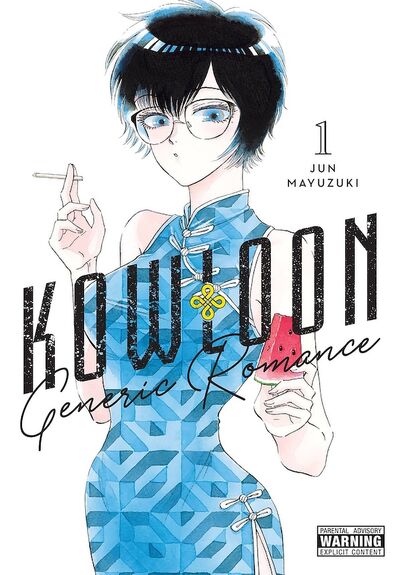Other hands that might undertake these burdens
Clorinda looked up from the letter she was perusing as Sandy entered the parlour. La, my dear, you are a late riser the morn – or, indeed, might I suppose you did not sleep at home last night? She picked up the little bell upon the breakfast table to ring for fresh coffee.Sandy scowled at her as he went sit in the chair opposite and helped himself to a muffin.
I will not attempt, she said, to engage you in conversation until you have been fortified.
He scowled but said nothing.
Shortly afterwards came Hector with coffee and hotter muffins as well as a platter of bacon and grilled kidneys.
Clorinda continued to read her correspondence – oh, fie, here are the orphanage ladies go be troublesome yet again, I must go call on Lady Jane betimes so that we may devize some plan to rout 'em – sure I have no engagements this very afternoon –
Most unwonted! Sandy remarked, as he poured himself a third cup of coffee.
– though I go dine at the Wallaces this e’en, to bid farewell to dear Polly Fendersham and Mr Enderby. But my dear, are you now restored to waking consciousness once more, had a thought while reading a letter from Barbara Collins –
They are all well, I hope?
O, entirely, business flourishes, &C, though she misses young Una. But thinking of how well they are doing out of horseflesh over there, wondered if that young groom that fell foul of Blatchett had any notion to seeking his fortune in the colonies?
Sand raised his eyebrows and took a drink of coffee. 'Tis indeed a thought, he agreed. For quite apart from our concerns over Lady Isabella, I have come to consider that Blatchett may come to wonder what else young Oxton might have seen – even he might find a guilty conscience preying upon him from time to time – and take further measures.
La, Mr MacDonald, did you ever essay the Gothic mode? But that is a point well taken.
Let us not dilly-dally, then: I must to the godless institution this morn, but may take myself into Berkshire and Offerton’s stables to sound Oxton out later. 'Tis no great journey.
Clorinda nodded. 'Tis the wisest course. And you may mention that there is a philanthropic scheme for aiding such deserving young persons to emigrate –
There is? – Clorinda smiled – Ah.
So that was one piece of good work dispatched, or at least, well in hand, so early in the day, very gratifying!
But she must look into the matter of the orphanage – alas, dear Dumpling Dora Pockinford had been sadly distracted of late – even had the Honble Simon pulled round from those shocking ways of which the Pockinfords did not speak but of which Clorinda had heard from Josh, that had prevented the boy from laying violent hands upon himself, it must fret a mother that he was now going so distant, and doubtless she imagined all sorts of perils. 'Twixt that, and first Aggie and now Thea showing religious leanings that were anathema to Lord Pockinford’s Evangelicalism, that family was not at its most harmonious. And her deputy, her daughter-in-law Lady Demington, only very lately returned from recovering her heath in Harrogate.
'Twas no wonder matters were somewhat awry!
So Clorinda gathered up the necessary papers – the Matron at least was a good businesslike woman! – and had the horses put to the carriage to take her to that quiet and unfashionable but perfectly respectable neighbourhood where Lady Jane had her apartments, adjacent to those of Amelia Addington. Looking out of the carriage window, Clorinda saw signs that these streets were coming up, 'twas no wonder, were convenient for a deal of matters.
Nick Jupp handed her down, and said he would take the carriage round to the King’s Head and tend to the cattle there –
And I hope you will tend to yourself and take a mug of ale or so!
She was rather surprized, on entering Lady Jane’s sanctum, to find the place in a considerable bustle of company – there was Janey Merrett, and Amelia, and, why, Viola Mulcaster – 'twas quite the family gathering –
But also, over at the pianoforte, that Lady Jane was finding her fingers rather too stiff to play herself these days, but that Janey came to play to her quite frequent, Zipsie Rondegate and Thea Saxorby.
Lady Bexbury! cried Lady Jane, beginning to rise, as Clorinda besought her not to do so. I have a rare treat brought to me the day. Lady Rondegate has been rehearsing Lady Theodora in dear Grace’s settings of Sappho’s lyrics – lately turned 'em up among some papers sent from Nitherholme – Miss McKeown had copies –
But how charming! said Clorinda, taking a chair. One must suppose that dear Viola must have had somewhat to do with this – showed very well in her, when one recalled her own disastrous history with those songs, as a very young woman just out in Society.
Zipsie waxed very effusive about the songs, to Lady Jane’s perceptible gratification. O, she said, I must have been in some concern that they would be considered sadly old-fashioned – not to mention the work of an amateur hand –
Not in the least, declared Zipsie, showed 'em to Uncle Casimir and he wondered was there any other compositions of hers surviving.
That was praise indeed!
So after some preliminary exercizes, Zipsie and Thea commenced upon the recital.
O, though Clorinda, that one might prevail upon Thea to perform at one’s drawing-room meetings, if not at a soirée. Such a voice. Not, perchance, these songs – mayhap somewhat unsuited to the taste of the present day? – one supposed Thea was ignorant of the life of the poet –
Tears were running down Lady Jane’s face, a most unwonted event.
Amelia Addington was an actress, and capable of keeping in character whatever disasters were going forward on stage or in the wings or even was there a riot in the audience – yet to Clorinda’s eye of old acquaintance, there seemed an air of – of distress?
The song became silent.
O my dears, said Lady Jane, blowing her nose, you have given me a great gift. I never thought to hear those songs again, and you performed them exquisitely.
Clorinda stood up and said, did not wish to be uncivil, but saw that they were about to engage in deep musical converse, and collected that she needed to talk to Miss Addington about a drawing-room meeting, might they step aside for that?
She drew Amelia out into the corridor, where the actress sank her head onto Clorinda’s shoulder and burst into tears.
Dearest Amelia, she said as she put an arm about her, you should not think that she loved who His Grace always refers to as that jealous Billston hag more than you – she remembers, doubtless, happy times of youth but that is very much about those years –
O, sobbed Amelia, it is not that. It is that I think of how ephemeral my own art is. I strut and fret an hour upon the stage –
Things were very bad was she quoting the Scottish play! Clorinda made certain gestures learnt in her youth backstage.
– and 'tis gone. Mayhap a critic will remark upon me in a newspaper, that will then wrap fish.
And you have taught a deal of generations of other actors. I daresay in Sydney there is Orlando Richardson saying, Addington did thus and so – I remember how Addington directed this scene – you will never come up to Addington in that role –
She gave a weak giggle.
– in New York I daresay Charlie Darcy reminisces, though careful to add that of course, his wife is in a very different style – would that one might see the pair of you together on stage –
Amelia mopped her eyes and blew her nose.
– And one dares imagine that in heaven the great dramatists gather round and debate the rival virtues of your performance and that of Mrs Siddons in their great roles.
You flattering weasel! she exclaimed.
Is it not a vocation to bring those works to life?
The two women embraced and Amelia said sure she was being very foolish. And mayhap the late Miss Billston had had a pretty talent but she had led poor Lady Jane a sad dance – jealous scenes, and then getting up flirtations herself when they went into Society – and making a deal of her poor health –
Clorinda stroked her hair and said that Lady Jane had been young – only just coming into the understanding of her nature – in maturer years she had made a wiser choice –
She will even say as much, Amelia admitted. Let us go in, and make sober compliments to the performers.
They discovered Lady Jane quite exhorting Lady Theodora to consider upon the Parable of the Talents – and what is that fine passage from the Bard that you are wont to quote, Lady Bexbury, about not concealing our virtues but letting them shine forth?
Thea was blushing, and murmuring that mayhap she should think upon that.
So Clorinda went away, having agreed upon a further rencontre to talk orphanage, feeling that that had been an agreeable occasion and that mayhap Thea would come about to let her virtues go forth of her.
And now there was going to dine with the Wallaces, that had been wont to be an entire pleasure but had been constrained for many months by the louring presence of Lord Fendersham.
However, on her arrival she was greeted with positively giddy glee by Sir Barton and Susannah Wallace, as well as Bobbie and Scilla, conveying the very happy news that Fendersham was finally ceasing to be the prodigal father and returning home to take up his responsibilities.
Has been all day about settling various of his affairs – his valet about packing – takes a morning train –
So even though we are saddened to have dear Lady Fendersham going away for who knows how long, said Susannah, flourishing her lorgnette, we cannot be other than merry at this prospect.
Well indeed, thought Clorinda, wondering how it had come about. Had been quite unable to fathom how she herself might contrive such an end!
Later that night, darling Leda giggled and said, la, did Clorinda take a pet that some other hand had wrought this?
At which she laughed herself and said, was heartily glad that there were other hands that might undertake these burdens.


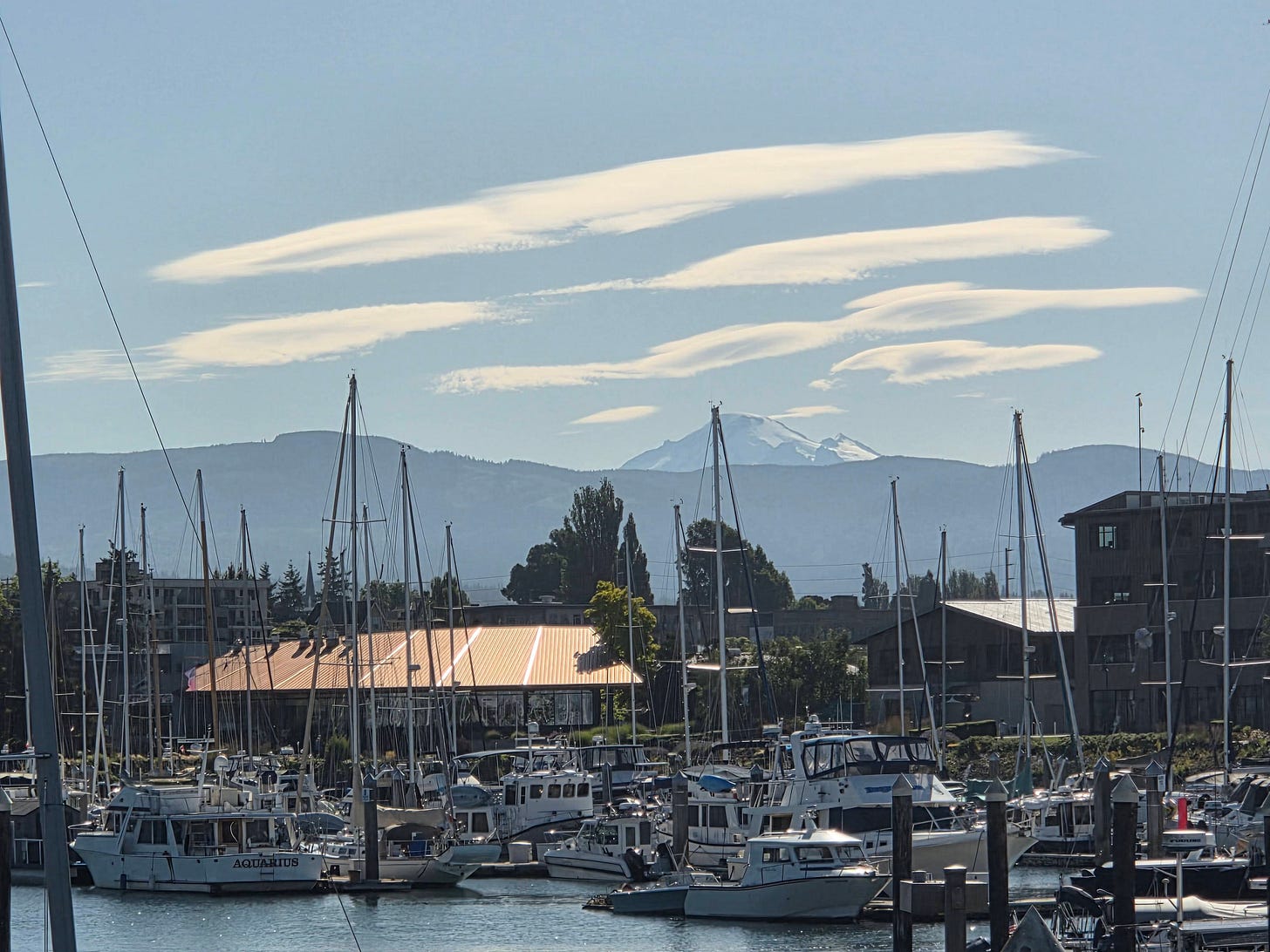



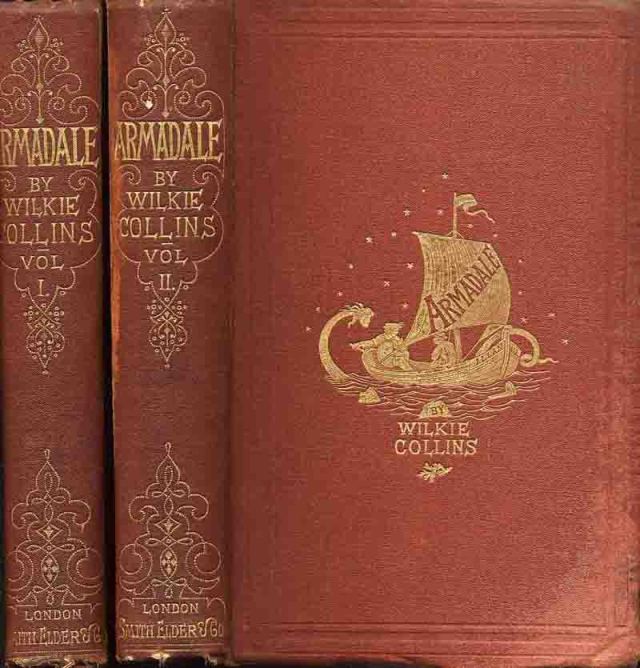
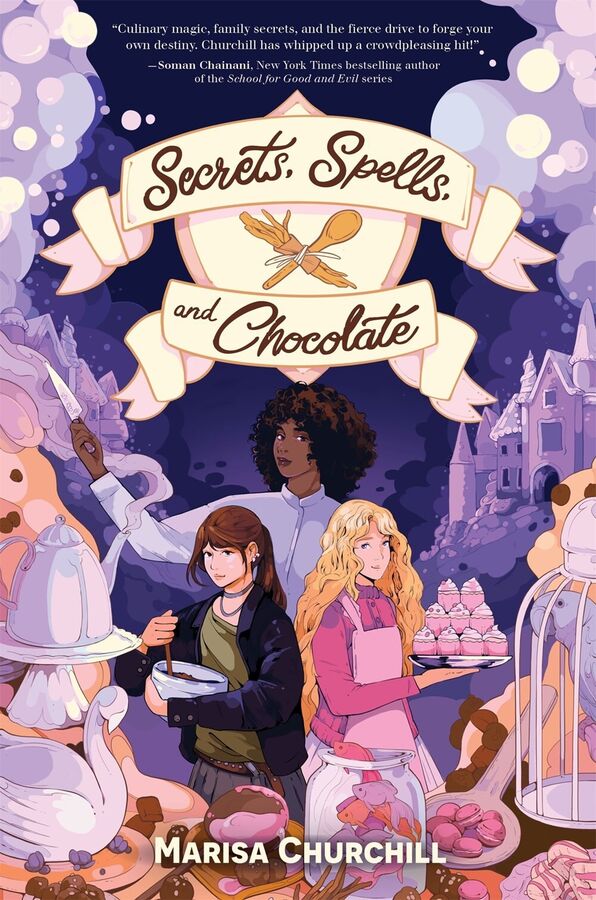


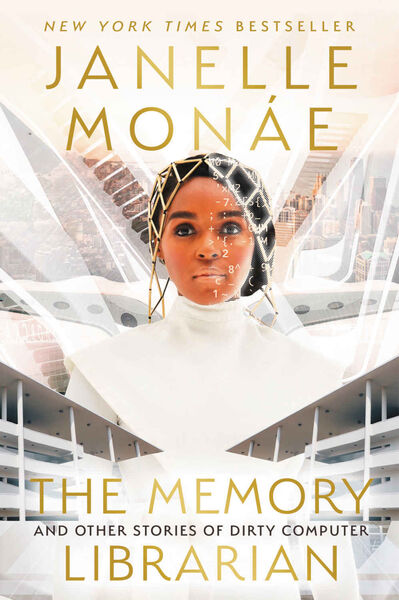

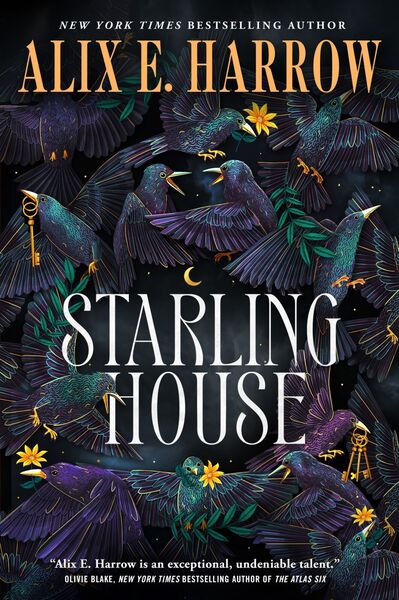





 ︎
︎
